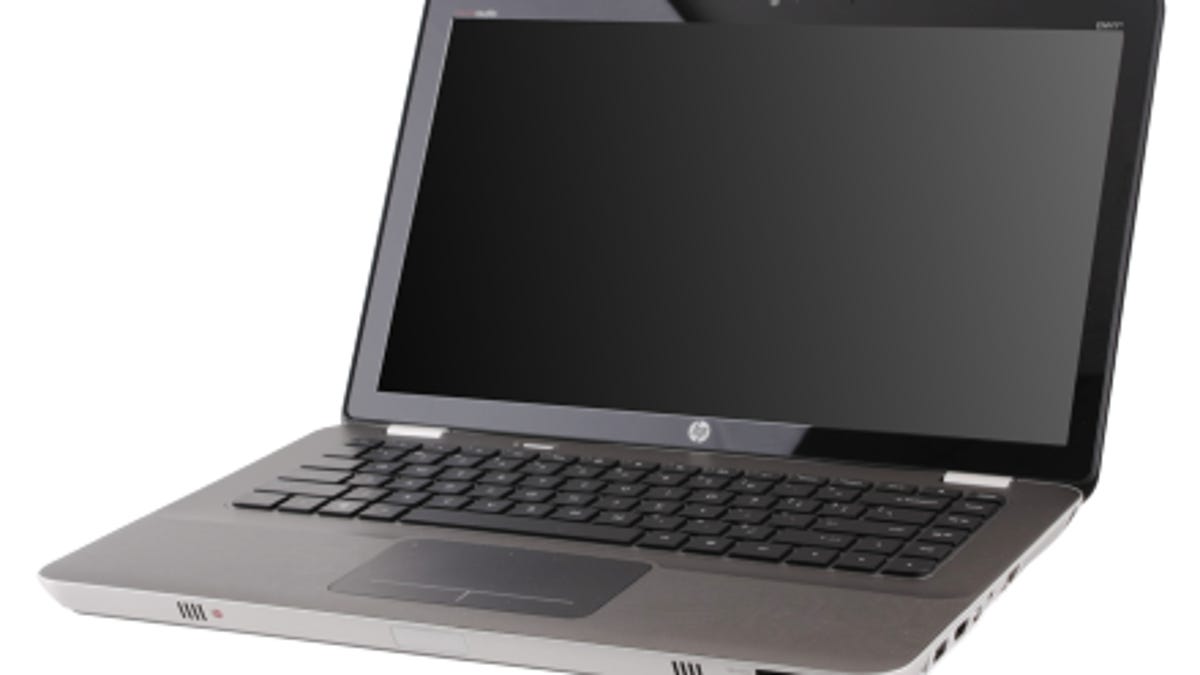HP reverses course, decides to keep PCs after all
When Meg Whitman took over as CEO, she promised a quick decision on the fate of the PC division. She delivered.

Hewlett-Packard said today that it will keep its personal systems group and that it will continue to sell PCs.
The company added that its strategic review indicated that the supply chain and procurement hit was too much. Meanwhile, HP's PC unit performs well.
When Meg Whitman took over as CEO, she promised a quick decision on the PC division. She delivered.
Overall, HP's move makes sense--at least in the short term. Keeping the PC unit removes a lot of uncertainty for corporate technology buyers who were likely to go with vendors such as Lenovo and Dell. By eliminating that uncertainty, HP can move ahead.
HP's PC unit is profitable, but analysts noted that the business has imploded. In other words, HP couldn't sell the PC division and a spin-off wouldn't have been a boon to shareholders in its current state.
Jefferies analyst Peter Misek said in a research note this week:
In our global travels we have heard time and time again how your PC business has virtually imploded since the spin-off decision. Local managers in Asia, Latin America, and Europe are powerless to fight the competitive message, and customers fear that you are not committed to the business and therefore are going elsewhere (primarily Lenovo and Dell). We suggest either 1) immediately announce a commitment to the PC business (e.g., multi-year onsite warranties, partner with local banks to finance), or 2) have a private equity firm buy a stake in the company.
In the long run, HP's decision to keep the PC unit isn't a slam-dunk. PCs are still a low-margin commodity business, and it's unclear whether the unit can deliver cutting-edge designs, navigate the tablet market, and generate consumer buzz.
Whitman said in a statement:
HP is committed to PSG, and together we are stronger.
Whitman's review revolved around how PCs fit into the supply chain. Removing the PC business could mean that HP would lack the scale to get good component deals for its servers.
In a statement, HP said:
The data-driven evaluation revealed the depth of the integration that has occurred across key operations such as supply chain, IT and procurement. It also detailed the significant extent to which PSG contributes to HP's solutions portfolio and overall brand value. Finally, it also showed that the cost to recreate these in a standalone company outweighed any benefits of separation.
Going forward, HP's Todd Bradley, who runs the PC unit, said the company is committed to the PC and intends to improve the business.
Keeping the PC business eliminates uncertainty, but key questions still remain for the unit.
Among the key items:
• How should HP organize its design teams? Misek suggested that HP should separate its design team from the bureaucracy. Better designs would help HP battle Apple and generate enterprise sales as consumerization takes hold?
• Does HP have to dangle carrots in front of IT buyers? HP may have to boost warranties and use aggressive pricing to fend off deals with Lenovo and Dell.
• What's the mobile plan? HP still doesn't have a mobile plan and it needs to partner with Microsoft or Google. The WebOS is a dead end due to the ecosystem.
Here's where HP stands in the PC market.
This story originally appeared at ZDNet's Between the Lines under the headline "HP: We're keeping the PC unit." It has been updated several times with additional information from HP and analysts.

